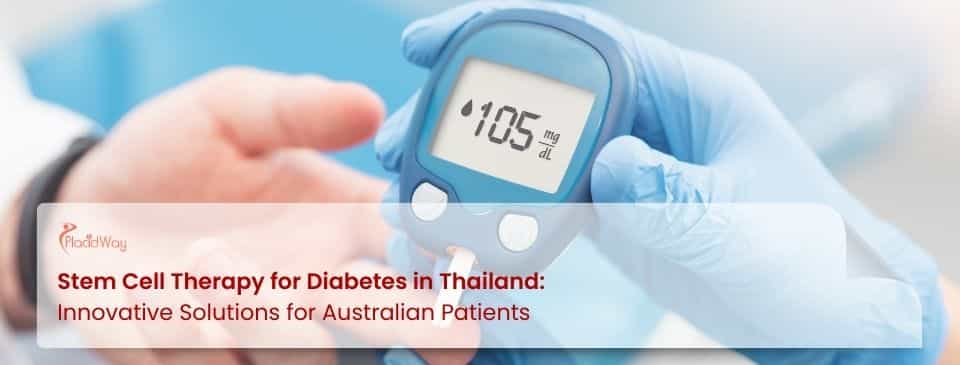
For many Australians living with diabetes, stem cell therapy in Thailand offers a new avenue for hope. With advanced clinics, skilled specialists, and a more accessible cost, this innovative treatment provides a potential path to better health and reduced reliance on conventional medications.
Diabetes is a growing global health concern, and for those in Australia, managing the condition often involves a lifelong commitment to medication, insulin injections, and strict lifestyle management. Stem cell therapy has emerged as a promising field of regenerative medicine, with the potential to address the root causes of the disease rather than just its symptoms. Thailand, with its reputation for medical tourism and cutting-edge facilities, has become a leading destination for Australians seeking this revolutionary treatment.
Key Takeaways
-
Stem cell therapy for diabetes in Thailand can result in cost savings of 50-70% compared to Australia, where similar treatments are often not available or are prohibitively expensive.
-
The average cost of a stem cell therapy package for diabetes in Thailand ranges from $8,000 to $30,000 AUD, depending on the clinic, the number of cells, and the included services.
-
In contrast, the estimated cost for a similar treatment in Australia can be upwards of $45,000 to $90,000 AUD.
-
Treatment protocols are highly personalized and often involve allogeneic mesenchymal stem cells (MSCs) sourced from umbilical cord tissue, known for their powerful regenerative and immunomodulatory properties.
How Stem Cell Therapy Works for Diabetes
Stem cell therapy for diabetes aims to repair or replace the damaged insulin-producing cells in the pancreas, offering a regenerative approach to managing the condition.
The treatment is not a one-size-fits-all solution but a personalized protocol based on the patient's specific type of diabetes, medical history, and overall health.
Understanding Diabetes and Stem Cells
Type 1 Diabetes is an autoimmune disease where the body's immune system mistakenly attacks and destroys the insulin-producing beta cells in the pancreas. Stem cell therapy for Type 1 aims to halt this autoimmune attack and regenerate new beta cells.
Type 2 Diabetes involves insulin resistance or insufficient insulin production. Stem cell therapy for Type 2 can help improve the function of the pancreas and enhance the body's sensitivity to insulin.
The Treatment Process
The typical stem cell therapy protocol in Thailand involves several key steps:
-
Initial Consultation: This can often be conducted remotely via video call. A specialist will review your medical records, including blood tests like HbA1c, to create a personalized treatment plan.
-
Cell Sourcing and Preparation: Many reputable clinics in Thailand use allogeneic stem cells, most commonly sourced from umbilical cord tissue donated by healthy mothers. These cells are considered highly potent and are prepared in a sterile, state-of-the-art laboratory.
-
Stem Cell Administration: The stem cells are administered through intravenous (IV) infusion, allowing them to travel through the bloodstream to target and repair damaged tissues in the pancreas and other affected organs.
-
Supportive Therapies: To maximize the effectiveness of the stem cells, the treatment is often combined with other supportive therapies like nutritional counseling, physiotherapy, and lifestyle guidance.
Did You Know? The use of allogeneic stem cells (from a donor) for Type 1 diabetes is often preferred over autologous cells (from the patient's own body) because they are not affected by the patient's autoimmune condition.
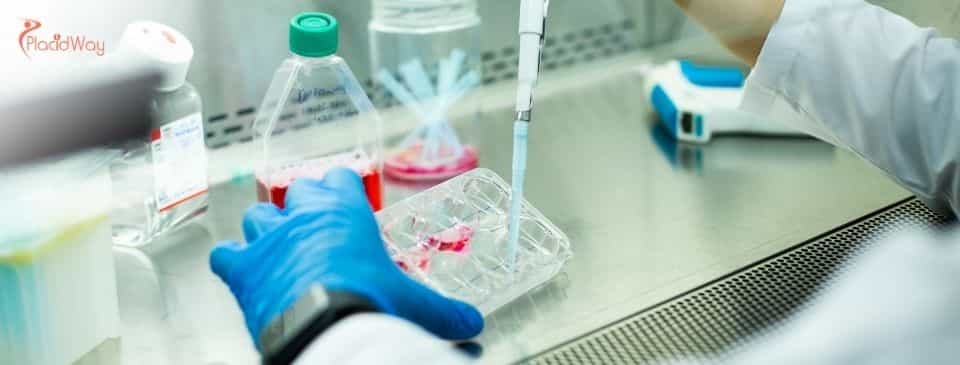
The Cost of Stem Cell Therapy: Thailand vs. Australia
The financial savings are a primary motivator for Australian patients to seek stem cell therapy in Thailand.
The cost of stem cell therapy for diabetes can vary significantly depending on the clinic, the number of cell infusions, and the complexity of the patient's case. However, the cost difference between Thailand and Australia is remarkable.
Expert Insight: A specialist in regenerative medicine at a leading Bangkok clinic, notes, "Our clinics adhere to international standards for safety and efficacy. The lower cost is not due to a lesser quality of care but rather lower operational costs and a more favorable exchange rate, which makes this life-changing treatment more accessible to patients from countries like Australia."
Choosing a Reputable Clinic
Due to the experimental nature of stem cell therapy, selecting a credible and ethical clinic is the most crucial step for Australian patients.
For a successful and safe treatment journey, it's essential to look for clinics that:
-
Have transparent pricing and clear information on what their packages include.
-
Are JCI (Joint Commission International) accredited or have other international accreditations.
-
Employ doctors with extensive experience and proper certifications in regenerative medicine.
-
Follow strict protocols for the sourcing, processing, and storage of stem cells.
-
Offer comprehensive patient support, including English-speaking staff and a clear aftercare plan.
Some of the most reputable clinics in Thailand for stem cell therapy for diabetes include Beike Biotech, Vega Stem Cell Clinic, and StemCells21, which are known for their commitment to research and patient care.
Risks and Long-Term Outlook
While stem cell therapy is considered safe, it is important to have realistic expectations and be aware of potential risks.
Common side effects are generally mild and temporary, such as a low-grade fever or fatigue after the infusion. More serious risks are rare but can include infection or a reaction to the cells. Reputable clinics will perform extensive screening to minimize these risks.
It is crucial to understand that stem cell therapy is not a guaranteed cure, but rather a treatment that may help to improve glycemic control, reduce the need for medication, and enhance overall quality of life. The long-term outlook depends on many factors, including the patient's age, the duration of the disease, and their commitment to a healthy lifestyle.
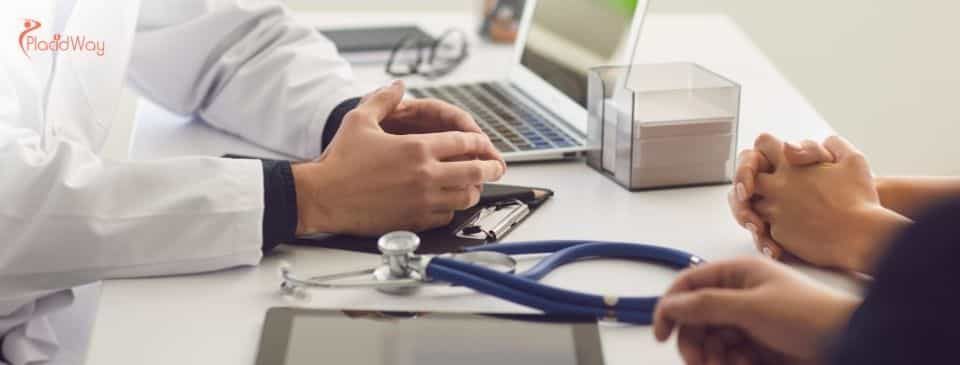
FAQ: Your Top Questions Answered
Is stem cell therapy for diabetes a proven cure?
While stem cell therapy has shown highly promising results in clinical trials and patient cases, it is not yet considered a definitive "cure" by the broader medical community. It is an innovative and effective treatment that can significantly improve symptoms, reduce medication dependency, and enhance quality of life.
How long do the effects of stem cell therapy last?
The duration of the benefits can vary greatly among patients. For some, the improvements may last for a year or two, while for others, they can be much longer-lasting. Many clinics offer maintenance treatments to sustain the positive effects.
Will I still need to take insulin or medication after treatment?
Many patients with diabetes, particularly Type 2, are able to reduce or even eliminate their need for insulin and oral medications after stem cell therapy. For Type 1 patients, the goal is often to reduce insulin dependency and better manage blood sugar levels, but full cessation of insulin may not be possible.
What is the difference between Type 1 and Type 2 diabetes treatment?
The treatment protocol for Type 1 diabetes is often more complex, focusing on modulating the immune system to prevent further destruction of beta cells. For Type 2 diabetes, the focus is on improving insulin sensitivity and regenerating the function of the pancreatic cells.
How do I know if I'm a good candidate for stem cell therapy?
Candidacy is determined by a thorough medical evaluation, including a review of your diabetes history, blood tests, and overall health. Reputable clinics will only recommend treatment if they believe you have a strong chance of benefiting from the therapy.
Embarking on a medical journey to another country requires careful planning and trust. PlacidWay is a premier medical tourism platform that simplifies this process. We connect you with a network of the world's leading, internationally accredited clinics and provide comprehensive support every step of the way.


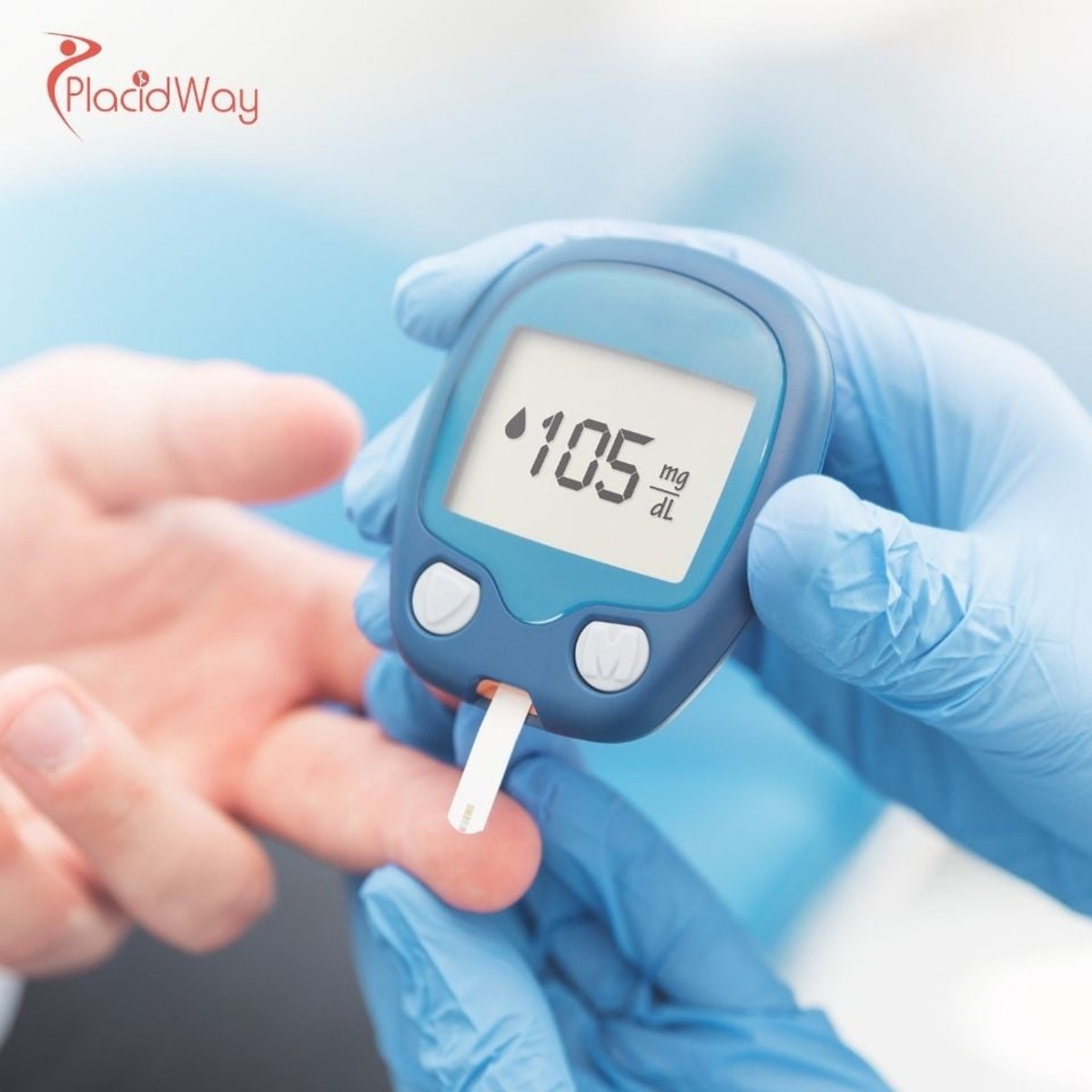



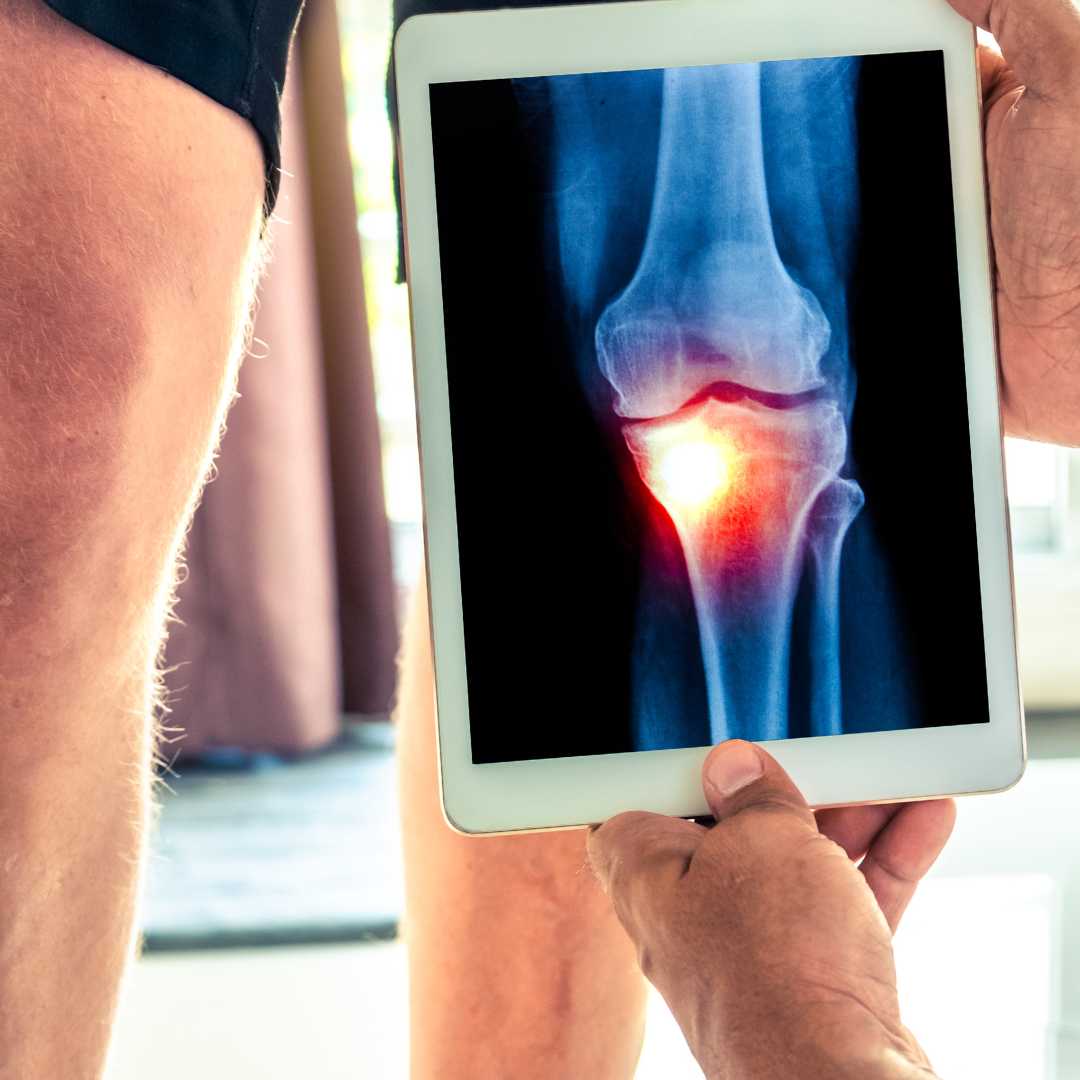

.png)


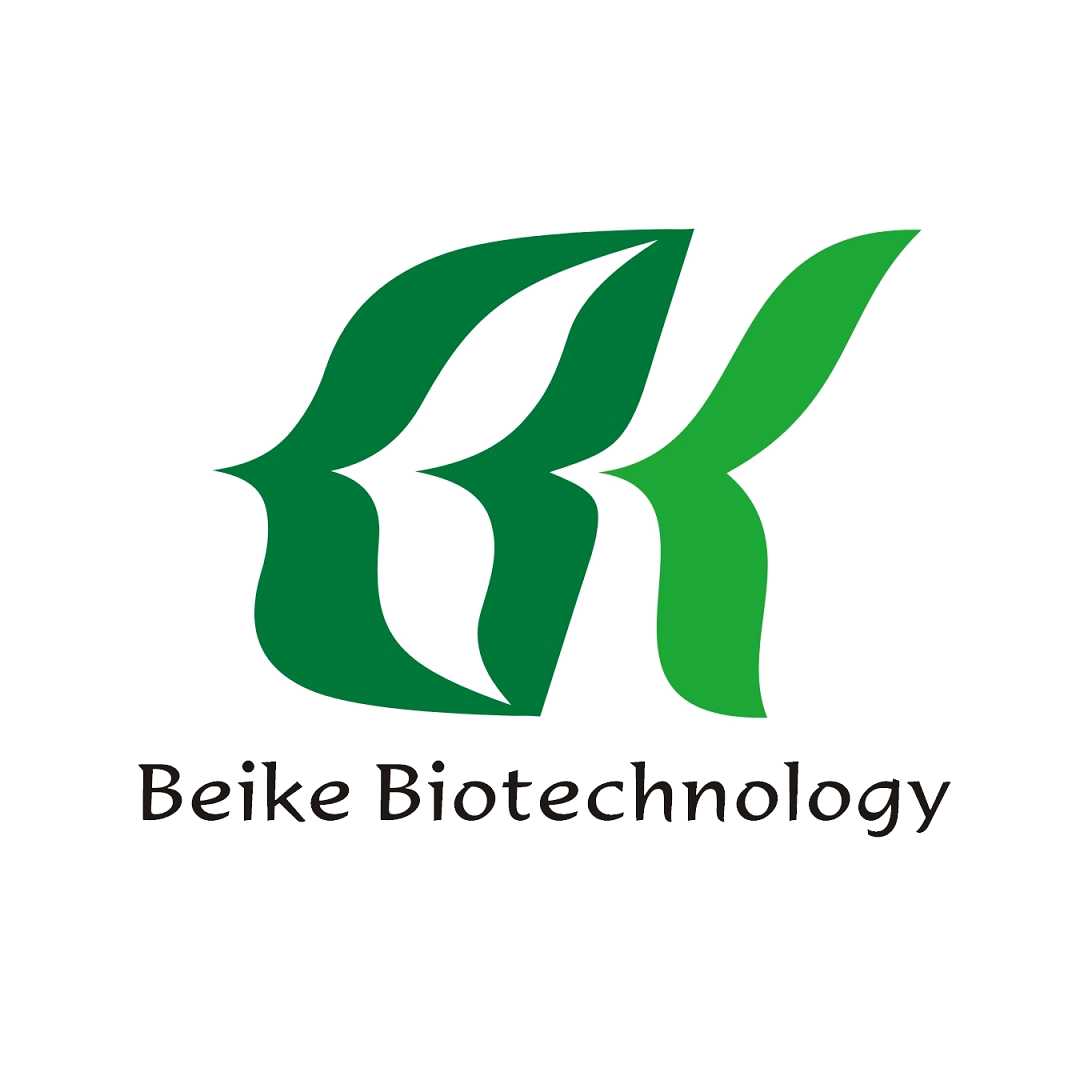
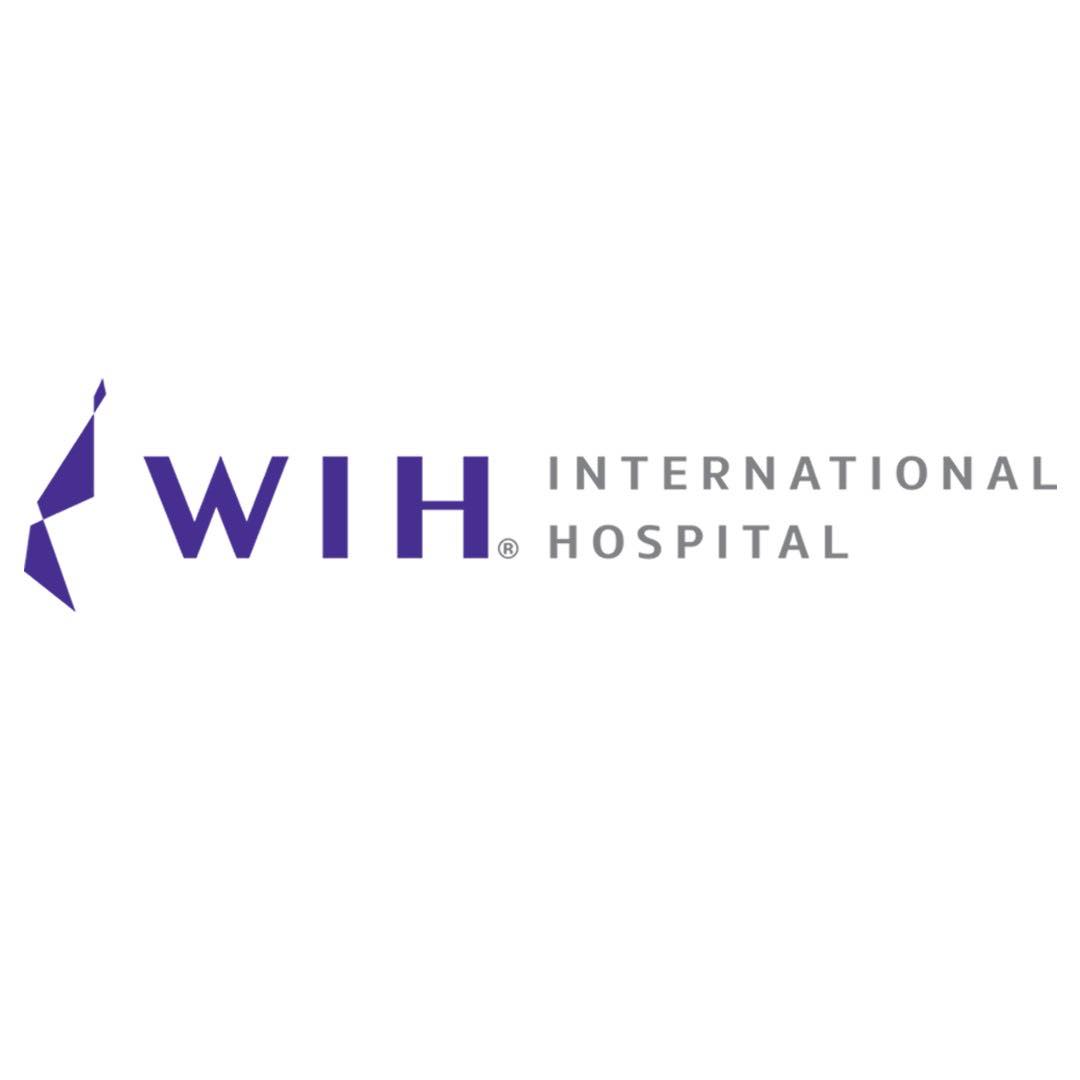
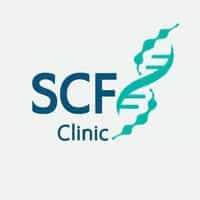
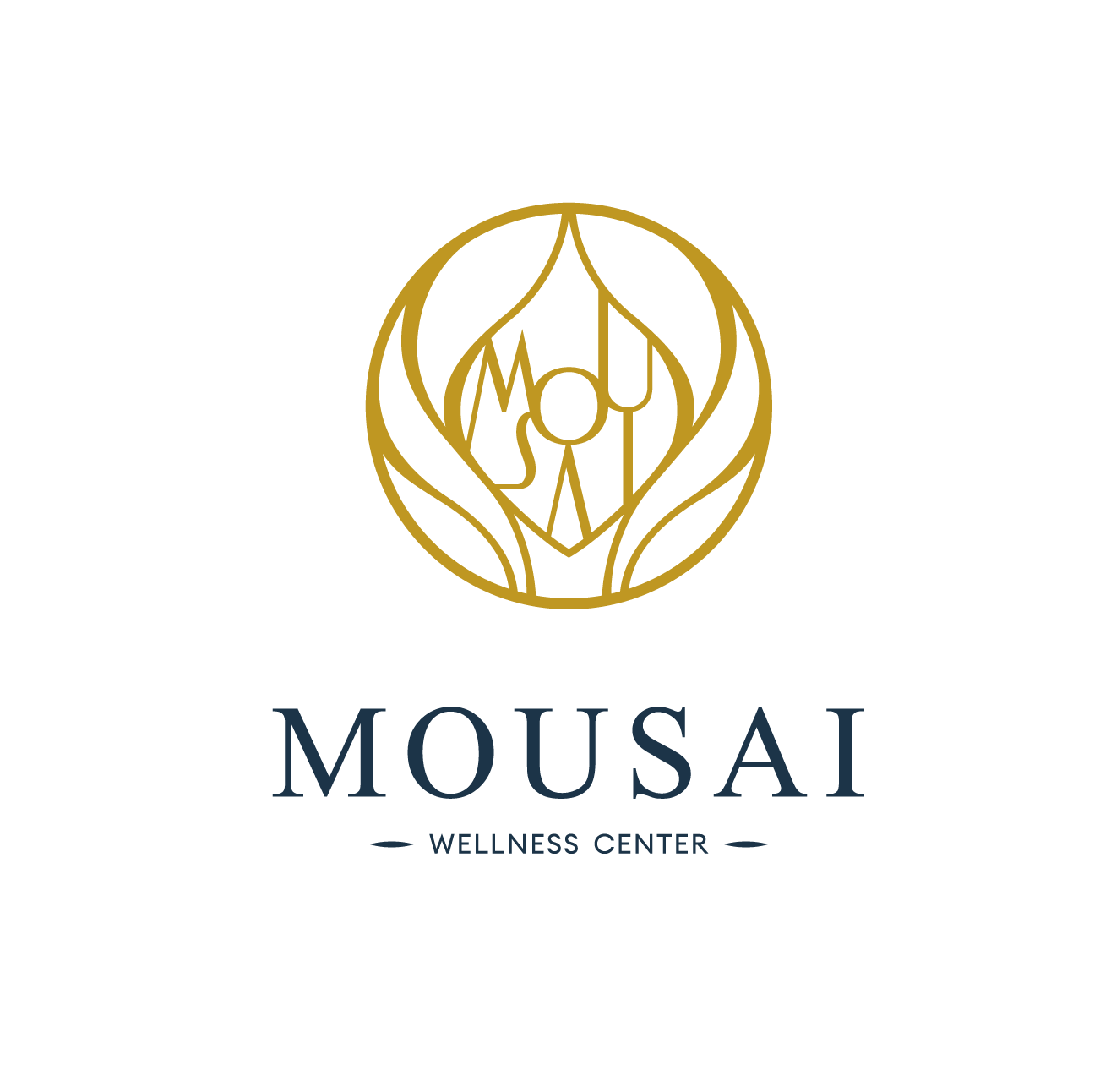


Share this listing